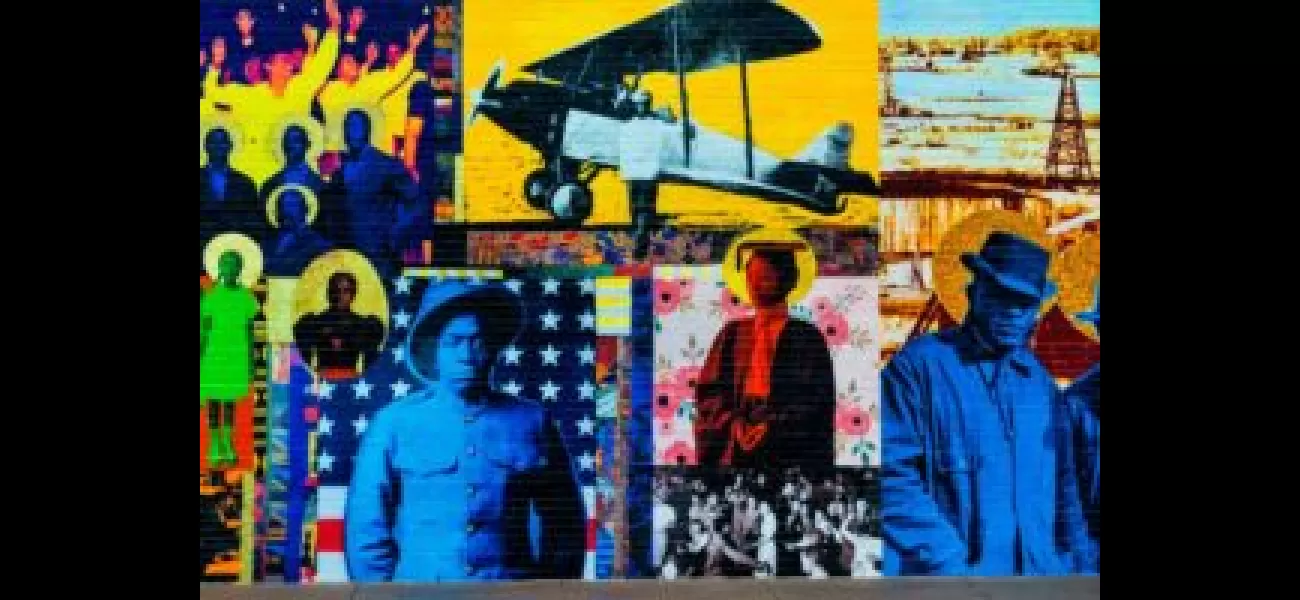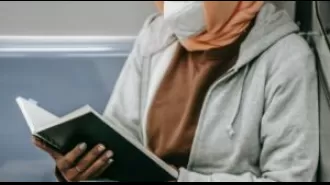Black Wall Street was an African-American economic powerhouse in Tulsa, Oklahoma, and a beacon of Black entrepreneurship across the US.
Today is a chance to honor and celebrate the Black economic successes of the past and present, and to ensure the future of the Black dollar.
June 19th 2023.

Tulsa's Black Wall Street has long been seen as a key example of Black economic empowerment and wealth. However, there is a nation of Black Wall Streets beyond Oklahoma that existed between the Civil War and the end of Reconstruction. We want to acknowledge the communities, individuals, and initiatives that are continuing to preserve and advance the Black dollar.
Claudia Walker's collection of "The ABCs Of Black Wall Street" books is dedicated to educating parents, educators, and youth about the future of Black Wall Street. The Official Black Wall Street organization is providing a platform and directory for Black-owned businesses all across the United States. Ikechi Nwabuisi, founder & CEO of TRiBL, is also a strong believer in the future of Black Wall Street, introducing a strategic plan to create a global digital wealth strategy. In May, the Black Wall Street Legacy Festival held a series of events, including panel discussions, performances, and guest appearances from artists, advocates, and political leaders.
Greenwood District in Tulsa, Oklahoma, was also known as Black Wall Street and, last year, was added to the National Register of Historic Places. During the oil boom, it was a thriving mecca for Black enterprises, and resources were circulated within the Black community. This was until the Tulsa Race Massacre in 1921. In 2022, the Black Wall Street Business Center was launched as a tribute to the Greenwood neighborhood, and it seeks to advance Black, indigenous, and minority businesses and entrepreneurship.
Finally, Jackson Ward in Richmond, Virginia, was dubbed "the Harlem of the South" and was established in 1871. Freed slaves moved in and created a vibrant and prominent center of Black economic self-determination. The Hippodrome theatre hosted Ella Fitzgerald, Duke Ellington, and Bill "Bojangles" Robinson. Black churches, including the Sixth Mount Zion Baptist Church, were built, and Maggie L. Walker opened the St. Luke Penny Savings, becoming the first woman to found and lead a bank in the United States. However, in the late 1950s, the Ward was divided by the Richmond-Petersburg Turnpike. Numerous structures and businesses were destroyed.
Claudia Walker's collection of "The ABCs Of Black Wall Street" books is dedicated to educating parents, educators, and youth about the future of Black Wall Street. The Official Black Wall Street organization is providing a platform and directory for Black-owned businesses all across the United States. Ikechi Nwabuisi, founder & CEO of TRiBL, is also a strong believer in the future of Black Wall Street, introducing a strategic plan to create a global digital wealth strategy. In May, the Black Wall Street Legacy Festival held a series of events, including panel discussions, performances, and guest appearances from artists, advocates, and political leaders.
Greenwood District in Tulsa, Oklahoma, was also known as Black Wall Street and, last year, was added to the National Register of Historic Places. During the oil boom, it was a thriving mecca for Black enterprises, and resources were circulated within the Black community. This was until the Tulsa Race Massacre in 1921. In 2022, the Black Wall Street Business Center was launched as a tribute to the Greenwood neighborhood, and it seeks to advance Black, indigenous, and minority businesses and entrepreneurship.
Finally, Jackson Ward in Richmond, Virginia, was dubbed "the Harlem of the South" and was established in 1871. Freed slaves moved in and created a vibrant and prominent center of Black economic self-determination. The Hippodrome theatre hosted Ella Fitzgerald, Duke Ellington, and Bill "Bojangles" Robinson. Black churches, including the Sixth Mount Zion Baptist Church, were built, and Maggie L. Walker opened the St. Luke Penny Savings, becoming the first woman to found and lead a bank in the United States. However, in the late 1950s, the Ward was divided by the Richmond-Petersburg Turnpike. Numerous structures and businesses were destroyed.
[This article has been trending online recently and has been generated with AI. Your feed is customized.]
[Generative AI is experimental.]
0
0
Submit Comment





